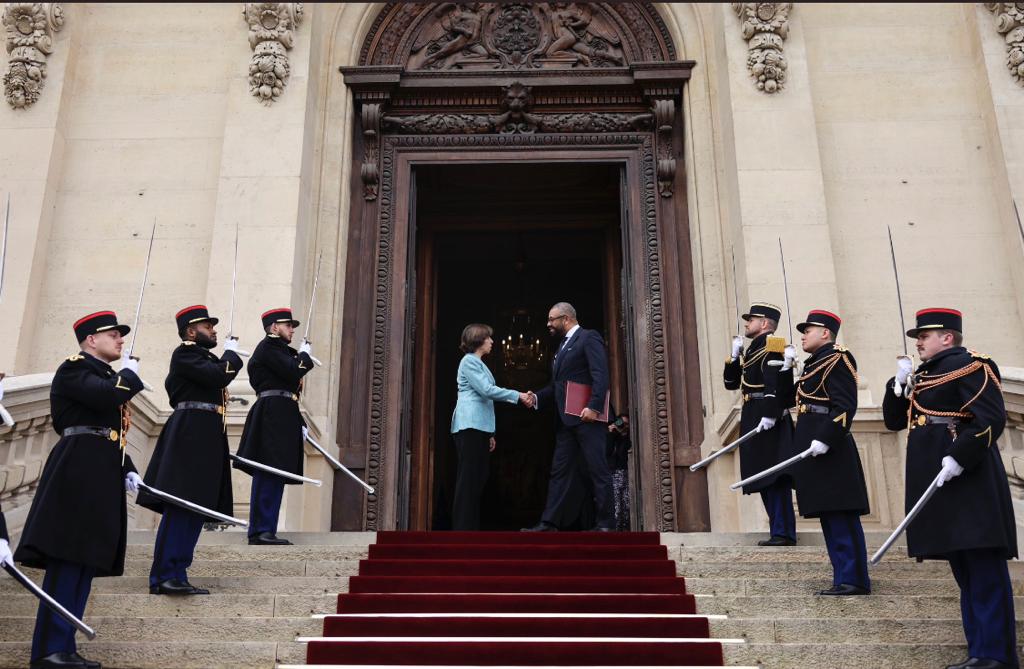A new partnership between the UK and French governments has been signed, which will help both nations to move towards greater energy security by moving away from fossil fuels and towards renewables and nuclear power.
Under a new deal signed by Energy Security Secretary Grant Shapps and France’s Energy Minister, Agnes Pannier Runacher, the UK and France commit to further cooperation on civil nuclear, to capitalise on both countries ambitions to significantly grow their sectors.
The UK and France have a decades-old partnership on nuclear power already. The new partnership again confirms France and the UK working together, along with other G7 leaders, to take concerted action to cut reliance on civil nuclear and related goods from Russia, including working to diversify their supplies of uranium and nuclear fuel production capability.
The UK currently has 3 interconnectors with a capacity for 4 GW of electricity interconnection with its French partners. Increased interconnection will support the UK’s ambition to have at least 18 GW of interconnection capacity by 2030.
Mr Shapps hopes the agreement will help lower energy bills for consumers, and boost the availability of clean renewable energy between both countries.
The UK has an ambition of up to 10GW of low-carbon hydrogen production capacity by 2030, which could support over 12,000 jobs and unlock over £9 billion in private investment by 2030. Today’s partnership supports this, as France looks to deploy low-carbon hydrogen for their own power system.
France and the UK have also recognised the potential of working together on CCUS. The UK’s North Sea has the potential to store 78 billion tonnes of CO2 on the UK continental shelf, which could be turned into a multi-billion-pound industry, supporting up to 50,000 jobs in 2030.















